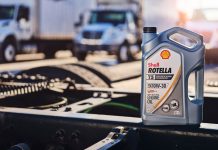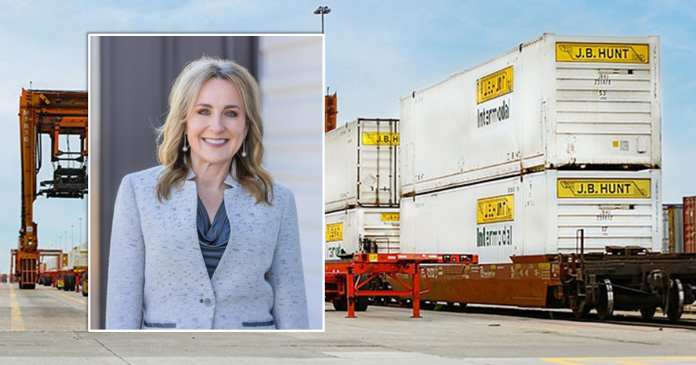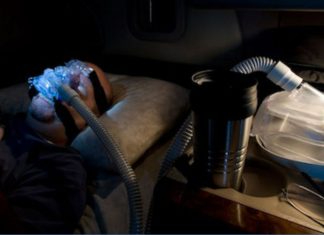J.B. Hunt Transport Services has set an ambitious goal: to reduce its carbon emissions by 32% by 2034. At the trucking event, Advanced Clean Transportation (ACT) Expo in Las Vegas, President Shelley Simpson announced that her company is already halfway there, even as the industry faces strict regulatory deadlines. She added that the evolutionary pressure to reduce the trucking carbon footprint “is not really a bad thing.”
Shelley Simpson explained that the challenges faced by the trucking industry mainly stem from a lack of alignment between environmental regulations of various U.S. states and federal standards. For instance, California implemented new standards in 2024, while federal regulations will only apply to new trucks starting in 2027. This misalignment creates a “regulatory patchwork”—a set of varied and sometimes contradictory rules across states, complicating operations for companies working across multiple regions. Although these regulations promote the development of clean technologies, they pose significant challenges for interstate commercial activities.
In terms of carbon emission reduction, J.B. Hunt has made significant progress in the rail sector. Last year, in collaboration with Burlington Northern Santa Fe (BNSF) Railway, the company launched an intermodal service that enables the rapid transportation of time-sensitive freight by train, potentially removing millions of truck loads from highways and reducing shipment emissions by 65%. Intermodal transport offers one of the most cost-effective alternatives for J.B. Hunt’s customers. Earlier this year, the company also acquired Walmart’s intermodal assets, including its operational intermodal container and chassis fleets.
President Simpson highlights that the company is also working to decarbonize its extensive diesel fleet. She notes that 24% of all fuel purchased is either a bio-blend or renewable diesel. The company continuously updates its fleet with new trucks equipped with the latest and most efficient technologies. She adds that the average age of the company’s trucks is 2.23 years, compared to an industry average of 5.5 years.
Simpson finally mentions that J.B. Hunt feels pressure from its customers to make their freight transport more eco-friendly, with many interested in sustainable solutions. However, customers are often surprised by the relative cost of these solutions compared to their carbon impact. To help clients align the climate impact of their shipments with their goals, the company has developed several tools, such as a Carbon Calculator and a Best Practices Guide for Reducing Emissions, giving clients the opportunity to financially participate in these efforts. However, Simpson notes that no customer has yet signed up for the program due to its cost.
















